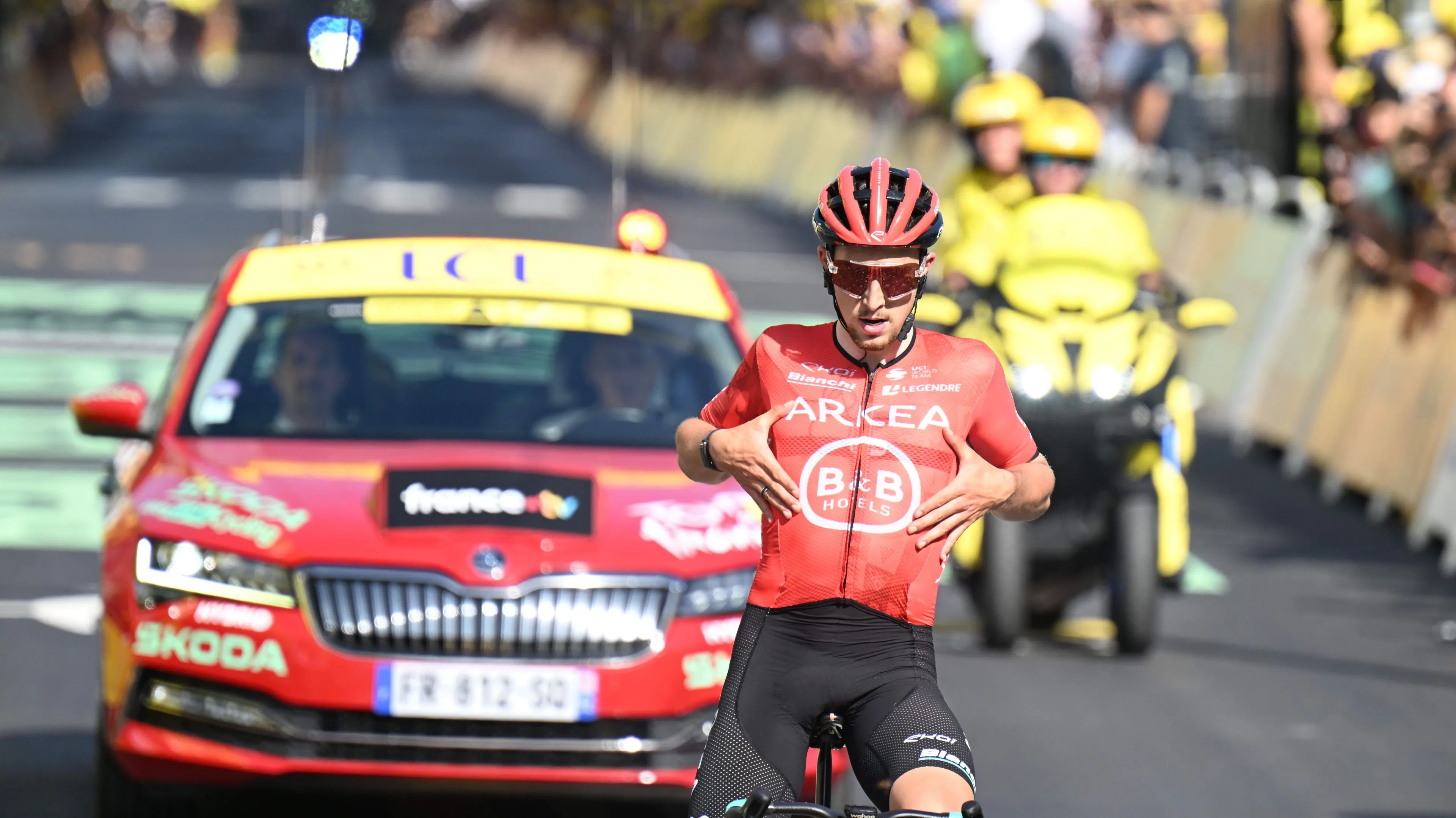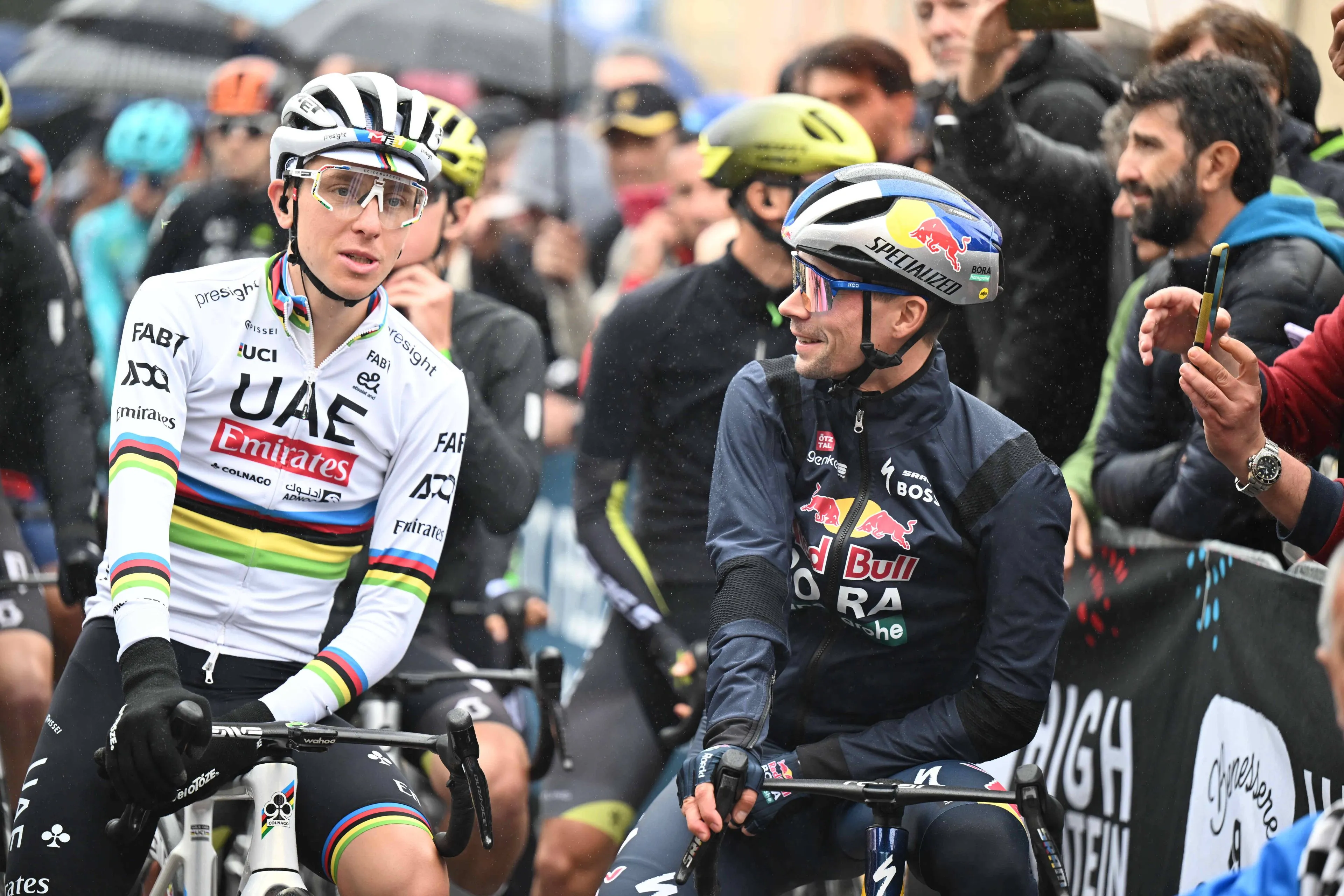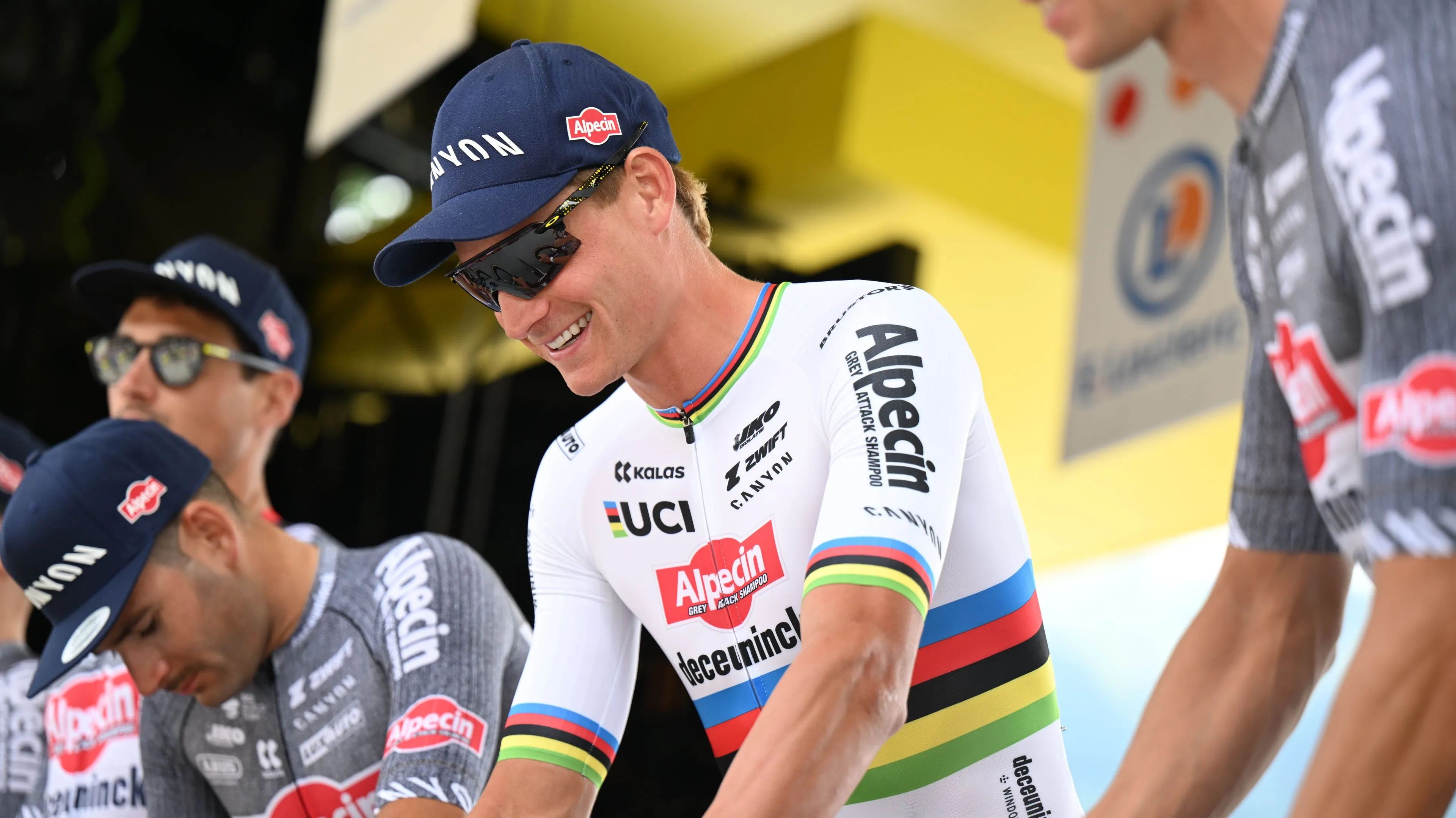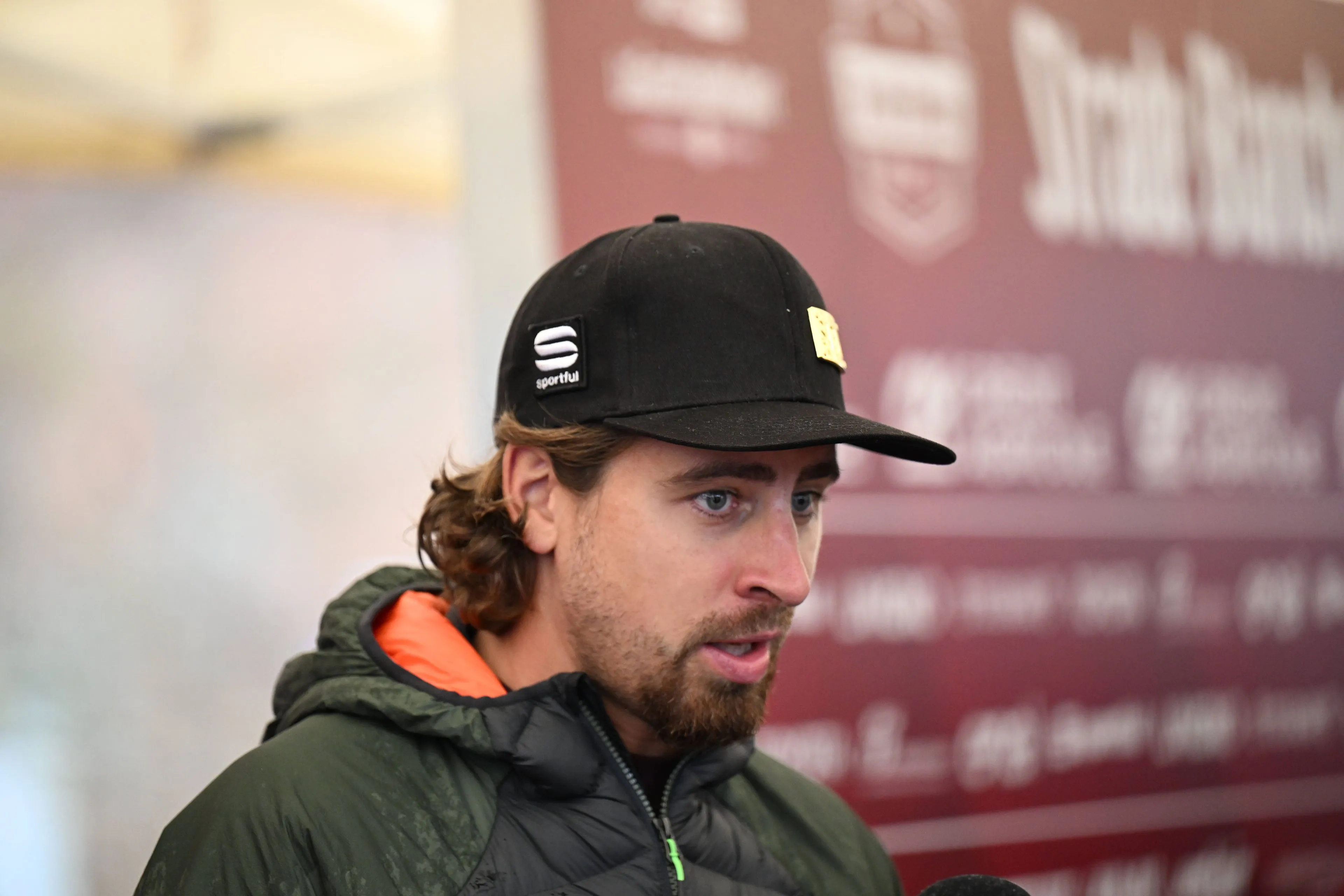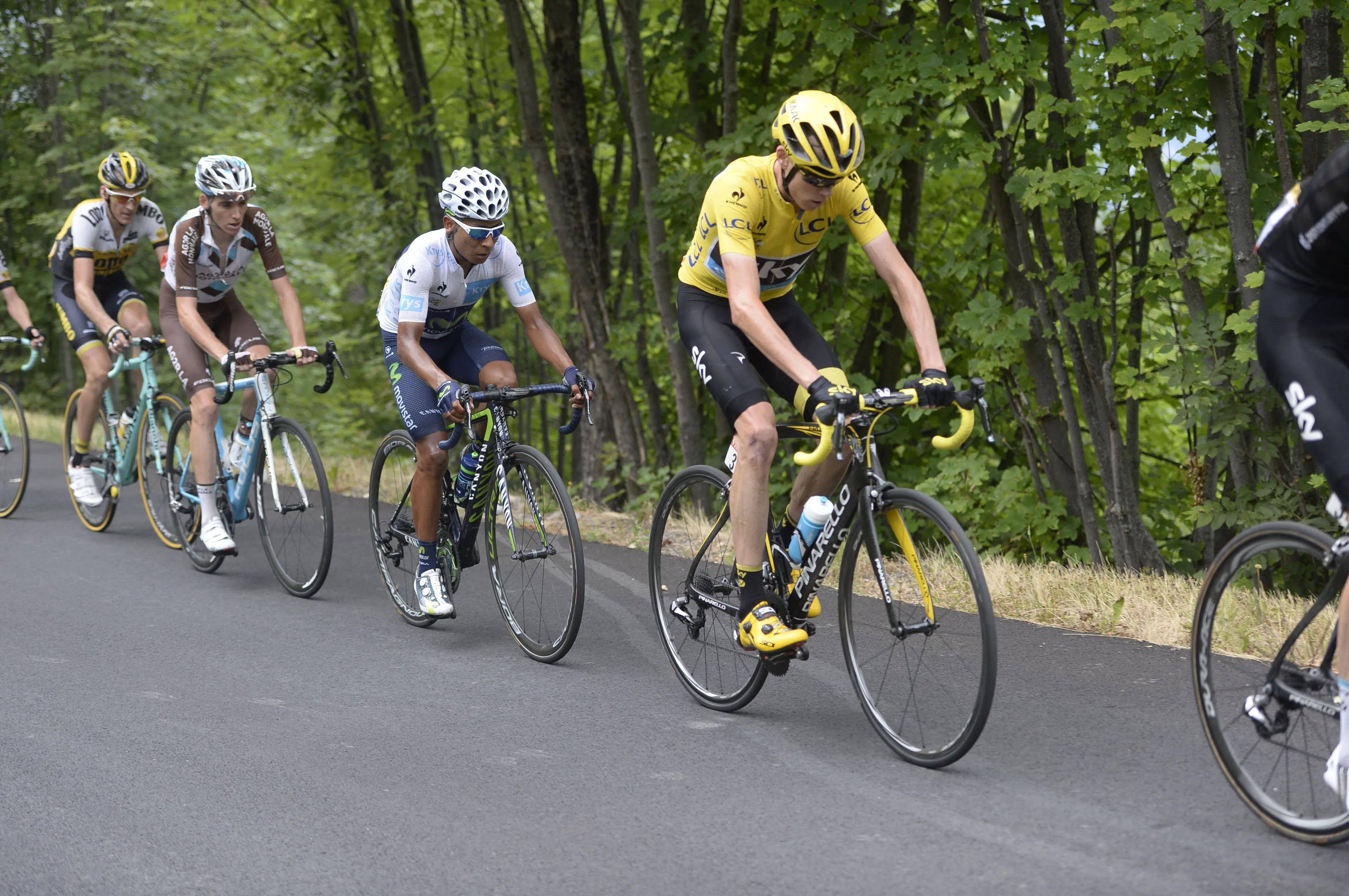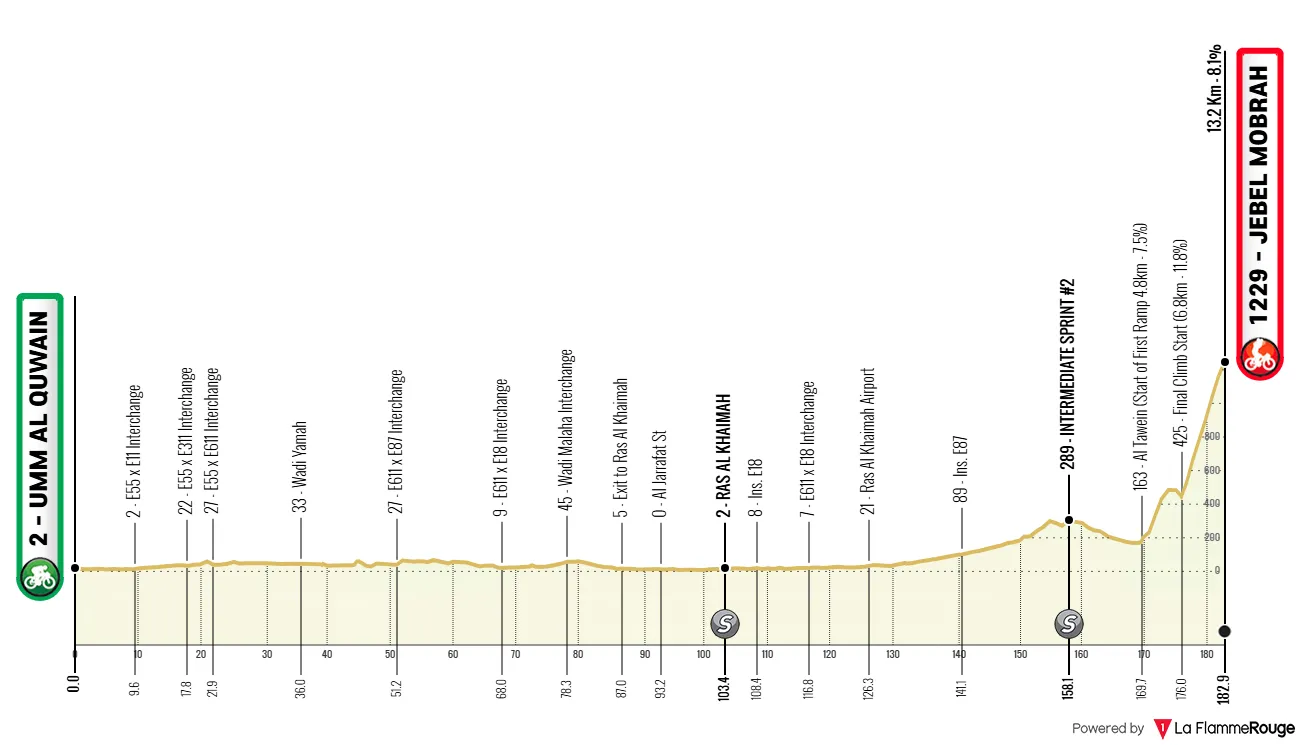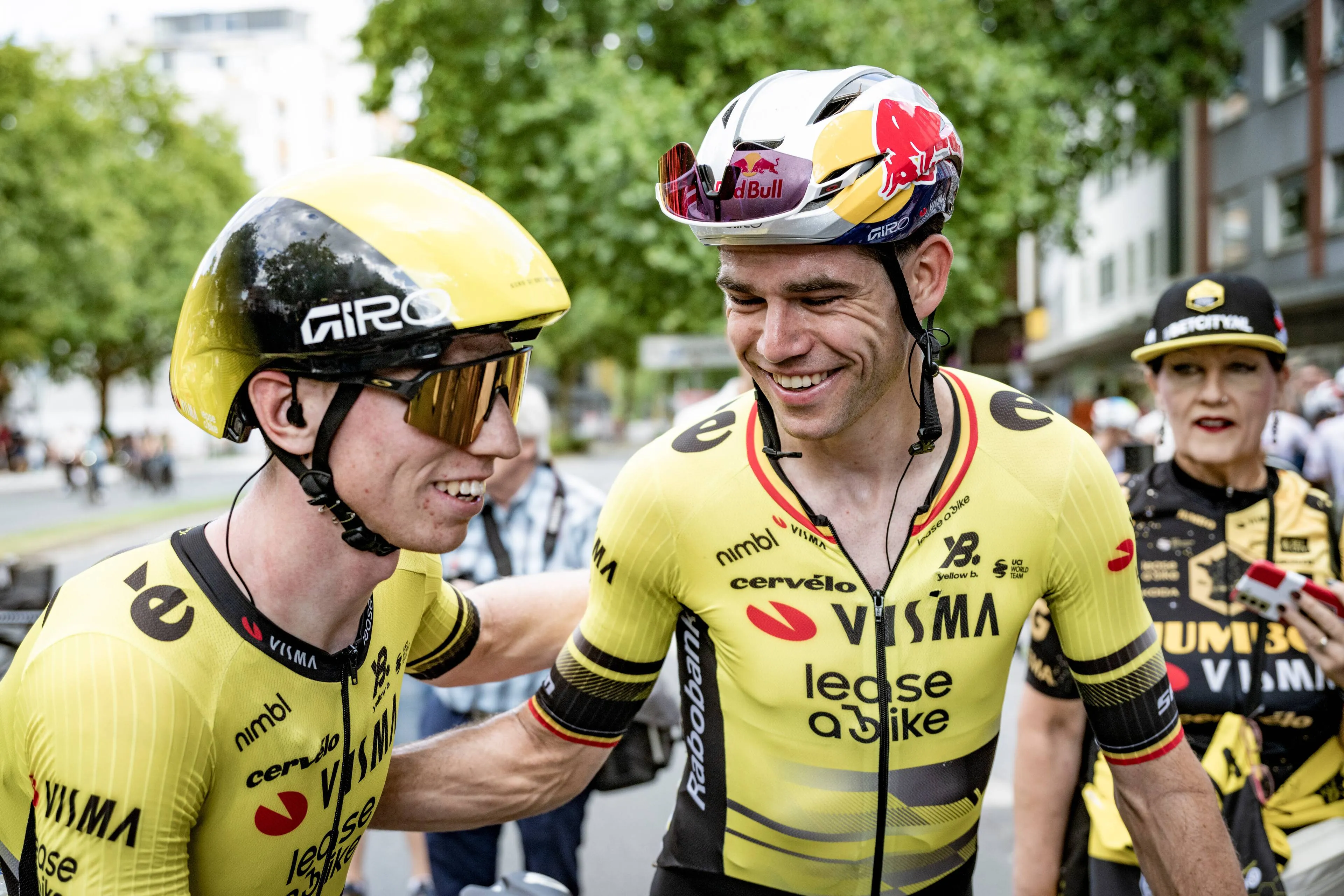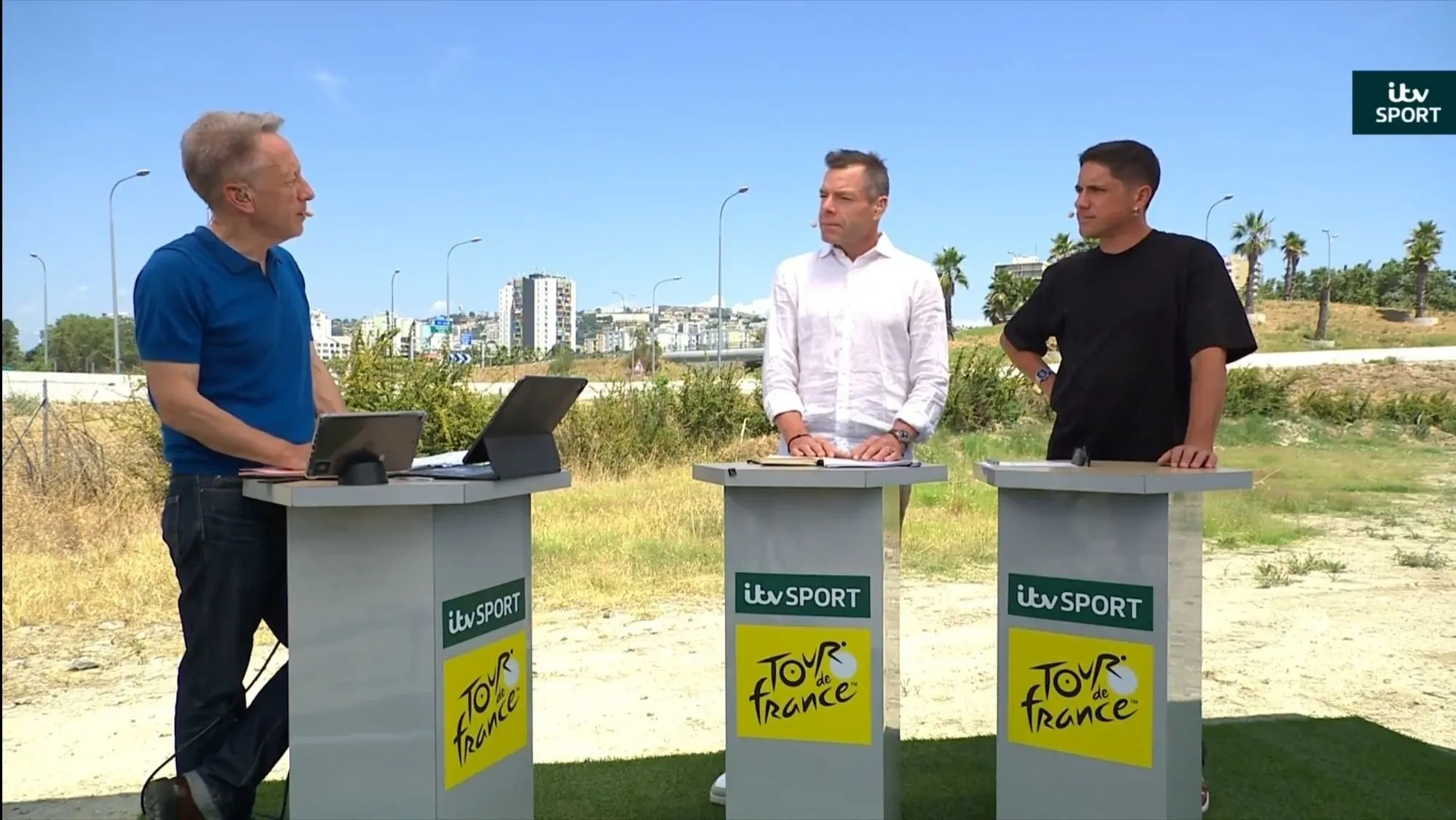
Cycling fans were recently treated to a wave of excitement
as the Amaury Sport Organisation (ASO) announced a new TV deal with the
European Broadcasting Union (EBU). This agreement ensures that many of the
biggest races in cycling will remain free to air across much of Europe until
2030. Among the events included are the Tour de France, La Vuelta a España,
Paris-Roubaix, and the iconic Liège-Bastogne-Liège. Fans of women's cycling
will also be pleased to see Tour de France Femmes avec Zwift and other prominent
women's races covered by the new package.
However, this development comes with a downside for UK
viewers. From 2026, Warner Brothers Discovery will become the sole broadcaster
of the Tour de France in Britain, ending a longstanding tradition of
free-to-air coverage on ITV. This marks a significant shift, as British
audiences have enjoyed watching the Tour without a paywall for decades. For
many, the Tour de France has been synonymous with ITV’s distinctive coverage, a
tradition that will sadly end after the 2025 edition.
Read also
The end of an era
For over 40 years, the Tour de France has been a fixture on
British terrestrial television, bringing the spectacle and drama of the world's
greatest cycling race to living rooms across the country. The current deal will
see ITV cover the 2025 Tour, their 25th consecutive edition, before the rights
transition fully to Warner Brothers Discovery in 2026. ITV first secured the
rights from Channel 4 back in 2001, making the channel the home of the Tour for
a generation of British viewers.
ITV’s coverage has not only focused on the sporting drama of
the Tour but also celebrated the landscapes, culture, and history of France.
Each evening’s highlights show, led by the charismatic Gary Imlach, has
become a staple of summer viewing for cycling fans in the UK. Imlach, who has
been involved in Tour coverage since 1990, initially on Channel 4, before
moving to ITV in 2001, has become the familiar face of British Tour de France
coverage. His thoughtful analysis, in-depth interviews, and calm presence have
endeared him to fans, making him a beloved figure within the British cycling
community.
Read also
Joining Imlach are other iconic commentators and pundits who
have become synonymous with the Tour. Ned Boulting and David Millar
have brought their unique perspectives to the race, blending deep cycling
knowledge with a sense of humour and insight. Boulting, with his wit and
engaging style, and Millar, with his first-hand experience as a former
professional rider, have helped ITV's coverage strike a balance between
informative and entertaining. These commentators have guided viewers through
the highs and lows of the race, from thrilling mountain stages to the drama of
the Champs-Élysées.
No discussion of Tour de France commentary in the UK would
be complete without mentioning Phil Liggett, often referred to as
"the voice of cycling." Though his primary role has shifted over the
years, Liggett's distinctive voice, marked by passion and years of experience,
remains etched in the minds of fans. For many, Liggett’s commentary has been an
integral part of the Tour de France experience, and his presence contributed
significantly to the British enthusiasm for the event.
Read also
ITV’s influence on British cycling
ITV’s coverage of the Tour de France coincided with a golden
age for British cycling. The channel’s audience grew substantially throughout
the 2010s, as British riders such as Bradley Wiggins and Chris Froome
achieved unprecedented success in the Tour. The emergence of Team Sky (now
INEOS Grenadiers) as a dominant force further spurred interest, as Wiggins
became the first British winner of the Tour in 2012, followed by Froome’s four
victories. ITV’s coverage captured these moments with flair, turning British
cyclists into household names and sparking a surge in interest in the sport.
ITV's coverage also had an almost ritualistic element to it,
with the iconic theme tune that played throughout the Tour’s broadcasts.
For many British fans, the theme music became synonymous with the excitement of
July, when the Tour de France’s drama unfolds daily. It was not just about the
racing but about the way the music set the tone, building anticipation for the
next stage. This theme tune, along with the familiar faces of Imlach, Boulting,
and Millar, became a beloved part of the British summer.
Read also
Shifting trends
The departure of the Tour de France from ITV is not an
isolated incident. It reflects a broader trend in sports broadcasting, where
major events are increasingly moving behind paywalls. The Champions League,
once a staple of ITV’s sports programming, is now exclusively available on
subscription services. Similarly, other major competitions like cricket’s Test
matches and Formula 1 have also transitioned away from free-to-air television
in the UK, limiting access for casual fans.
While Eurosport, which will continue to broadcast the Tour,
is widely praised for its comprehensive cycling coverage, there is something
uniquely special about ITV’s presentation. It’s not merely about the
accessibility; it’s about the familiarity, the storytelling, and the connection
with the audience that ITV has built over decades. Eurosport’s coverage, though
excellent in its own right, lacks the warmth and distinctiveness that ITV has
provided to British fans.
Read also
A new era with Warner Brothers Discovery
Warner Brothers Discovery’s acquisition of the broadcasting
rights signals a shift in the sports media landscape. As a major player in the
industry, they are investing heavily in securing premier sports events, with
cycling being a key area of focus. However, the change raises questions about
the accessibility of the sport in the UK. While die-hard fans may follow the
Tour behind a paywall, casual viewers, who might have stumbled upon the Tour on
ITV during a summer afternoon, may no longer have that opportunity. The end of
ITV’s coverage will inevitably limit the reach of the Tour de France in
Britain, potentially reducing the sport’s appeal among new fans.
The legacy of ITV’s Tour de France coverage
The departure of the Tour from ITV will undoubtedly leave a
void in British cycling coverage. For many, the channel’s presentation of the
Tour has been part of their cycling education, a yearly tradition that extended
beyond the racing itself. ITV’s coverage wasn’t just about the peloton; it was
about the culture of France, the passion of the fans, and the beauty of the
landscapes that the riders traversed. This storytelling approach set ITV apart,
turning each stage into a narrative, each mountain climb into a challenge, and
each sprint finish into a spectacle.
Gary Imlach’s in-depth analysis, alongside the camaraderie
of the commentary team, brought the sport to life for British audiences. It’s
not just the Tour de France that will be missed on ITV, but the broader sense
of community and connection that the channel fostered with its viewers. The
2025 edition, ITV’s final Tour, is poised to be a special one—a last
celebration of everything that has made ITV’s coverage so beloved.
Read also
The transition of major sporting events from free-to-air to
subscription-based platforms has sparked a broader debate about access to
sport. For many, sports are a passion that should remain accessible to all, not
just those who can afford premium services. The shift of the Tour de France to
a paywall follows a trend that risks making sports more elitist and less
accessible to the masses. In an age where sports participation is actively
encouraged to promote health and wellbeing, restricting access to premier
events could have unintended consequences.
A fond farewell
As ITV prepares to broadcast its final Tour de France in
2025, there is a sense of nostalgia and loss among British cycling fans. The
Tour has been a cornerstone of ITV’s sports programming for decades, and its
departure marks the end of an era. However, there is hope that the 2025 edition
will be a fitting farewell, showcasing the best of cycling and giving British
viewers one final opportunity to experience the race through the lens of ITV’s
unique storytelling.
While the future may lie with Warner Brothers Discovery and
their investment in cycling coverage, ITV’s legacy will endure. The channel’s
influence on British cycling is undeniable, having helped nurture a generation
of fans who fell in love with the sport. As the curtain falls on ITV’s
remarkable coverage, fans will cherish the memories of summer evenings spent
watching the yellow jersey chase through the stunning landscapes of France, free
to all who cared to tune in.
Read also
claps 1visitors 1
Just in
Popular news
Latest comments
- Fed up hearing "their" voicesslappers6618-02-2026
- When you join Ineos , learning , time , no pressure go out of the windowabstractengineer18-02-2026
- The UCI screws up againcaptmike18-02-2026
- No matter what people say - I'll watch it. And I bet all the complainers will do it too....averagecyclist18-02-2026
- Exactly what I'm thinking about it. Moreover Van Glis had a lot of time to rethink his situation but decided to stay where he was.averagecyclist18-02-2026
- Soler must be pissed at that
 leedorney18-02-2026
leedorney18-02-2026 - Completly agree, Jan was in front of van gils, following Pidcock wheel, it was Van gils who tried to force his way through Jan and the barriers. Are they blaming Jan because he belongs to the richest team that win a lot?
 maria2024202418-02-2026
maria2024202418-02-2026 - Clickbait title, not reality-based. Yawn.itsent18-02-2026
- lame, but probably correctantipodeanpedalfan18-02-2026
- Van Gils rode like wanted to get crashed or way too over confident that he was going to overtake Jan before getting pinched. It was obvious were Jan was going/had to go and MVG had the whole road to give an inch so he would have a chance to overtake on the rightjad2918-02-2026
Loading
Devastated. The ITV team are top class and it is the go to broadcast for the Tour de France. A real loss not only to British broadcasting, but free-to-air television. I will cherish 2025's coverage even more.
I guess you’ll have heard the news, that 2025 is to be ITV’s last Tour de France. Surprised (no free-to-air for London 2027??). Slightly in shock. No Gary presenting the Tour. Hard to believe.
2 Comments
